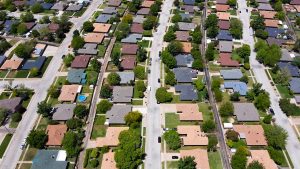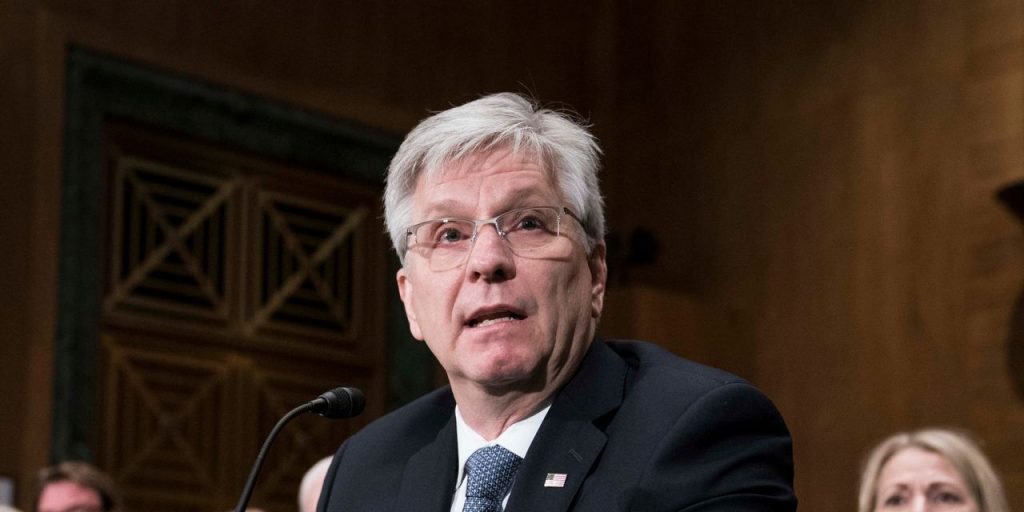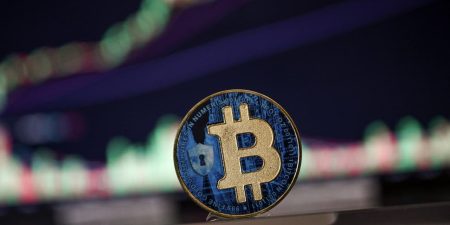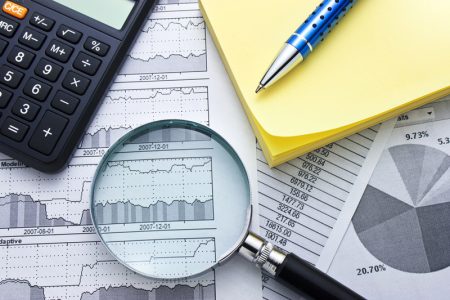Federal Reserve Board Gov. Christopher Waller said Thursday he was not swayed by June’s benign consumer inflation data, and said he wants the central bank to go ahead with two more 25-basis-point rate hikes this year.
“I see two more 25-basis-point hikes in the target range over the four remaining meetings this year as necessary to keep inflation moving toward our target,” Waller said in a speech to bond-market experts, known as The Money Marketeers of New York University.
That would bring the Fed’s benchmark rate to a range of 5.5%-5.75%.
Waller said that, while the cooling of CPI data for June was welcome news, “one data points does not make a trend.”
“The report warmed my heart, but I have got to think with my head,” Waller said.
He noted that inflation slowed in the summer of 2021 before rocketing higher.
In his remarks, Waller said he is now more confident that the contagion from the collapse of Silicon Valley Bank in March will not create a significant problem for the economy.
“I see no reason why the first of those two hikes should not occur at our meeting later this month,” he said.
Traders in derivative markets have priced in high odds of a rate hike after the Fed’s meeting in two weeks. But traders have been skeptical the Fed will follow through with a second hike, even before the soft CPI data.
Waller said the timing of the second hike depends on the data.
“If inflation does not continue to show progress and there are no suggestions of a significant slowdown in economic activity, then a second 25-basis-point hike should come sooner rather than later, but that decision is for the future,” he said.
During a question-and-answer session, Waller stressed that September was a “live meeting,” meaning the Fed could hike rates at that time.
Some economists had thought the Fed was moving to an “every-other-meeting” pace of hikes, but Waller said he did not favor such mechanical moves, and that data should be the deciding factor.
Some Fed officials want the central bank to hold rates steady in July, and perhaps through the end of the year, thinking the economy is going to be hit by “lagged” effects from past rate hikes.
Waller said he believes the bulk of the effects from last year’s tightening have passed through the economy already.
“Pausing rates now, because you are waiting for long and variable lags to arrive, may leave you standing on the platform waiting for a train that has already left the station,” he said.
The yield on the 10-year Treasury note
TMUBMUSD10Y,
has fallen to 3.77% this week after a lower-than-expected gain in jobs in the June report and the cooling of inflation. The yield had hit a recent high of 4.07% ahead of those softer reports.
Read the full article here














